Alcohol Addiction
Alcoholism: Understanding the Disease
What is Alcoholism?
Alcoholism, also known as alcohol use disorder (AUD), is a chronic disease characterized by the inability to control or stop drinking despite negative consequences. It affects a person’s physical and mental health, as well as their relationships, work life, and overall well-being. Alcoholism is not a lack of willpower; it is a complex disease that affects the brain’s reward and pleasure centers, making it difficult for individuals to stop drinking once they start.

Signs and Symptoms of Alcoholism
Alcoholism can manifest in many different ways. Common signs and symptoms include:
- Craving alcohol: A strong urge to drink, often accompanied by a preoccupation with when and how to get alcohol.
- Loss of control: Difficulty controlling the amount of alcohol consumed, leading to excessive drinking.
- Physical dependence: Experiencing withdrawal symptoms such as nausea, sweating, shakiness, or anxiety when not drinking.
- Tolerance: Needing to consume more alcohol over time to achieve the same effect.
- Neglect of responsibilities: Avoiding work, school, or family obligations in favor of drinking.
- Continued use despite harm: Drinking even when it causes harm to one’s health, relationships, or job.
Causes of Alcoholism
Alcoholism is influenced by a combination of genetic, environmental, and psychological factors. Some of the key causes include:
1. Genetics: Studies have shown that individuals with a family history of alcoholism are more likely to develop the condition. Certain genetic traits may make someone more susceptible to becoming addicted to alcohol.
2. Environmental Factors: Stressful life situations, such as financial troubles, relationship issues, or traumatic events, can lead people to drink excessively. Peer pressure and exposure to heavy drinking environments can also contribute.
3. Mental Health Issues: Anxiety, depression, and other mental health disorders are closely linked with alcoholism. Many people use alcohol as a way to self-medicate, which can lead to addiction.
4. Early Exposure: Drinking at an early age, especially in adolescence, increases the likelihood of developing alcohol use disorder later in life.
The Effects of Alcoholism
Alcoholism can have far-reaching consequences on both physical and mental health:
- Liver Damage: Chronic heavy drinking can lead to liver diseases such as fatty liver, alcoholic hepatitis, cirrhosis, and even liver cancer.
- Heart Problems: Long-term alcohol abuse raises the risk of high blood pressure, heart disease, stroke, and cardiomyopathy (a disease of the heart muscle).
- Brain Damage: Alcohol affects the brain’s neurotransmitters, leading to cognitive impairments, memory problems, and an increased risk of developing dementia. In severe cases, it can cause Wernicke-Korsakoff syndrome, a brain disorder linked to alcoholism.
- Mental Health Issues: Alcoholism exacerbates mental health conditions like depression and anxiety and increases the risk of suicide.
- Social Impact: Alcoholism can destroy relationships, cause legal problems (such as DUIs), and lead to job loss. Social isolation and broken family dynamics are common outcomes.

Alcoholism vs. Alcohol Abuse
While alcoholism is a full-blown addiction, alcohol abuse refers to drinking in a way that leads to problems, but not necessarily physical dependence. Alcohol abusers may still have control over their drinking, but they often engage in risky behavior, like binge drinking or driving while intoxicated. Both conditions are dangerous and can have serious consequences.
Treatment for Alcoholism
Alcoholism is a treatable disease, but it requires commitment and support. Treatment varies depending on the severity of the addiction, but common methods include:
- Detoxification
- Counseling and Therapy
- Support Groups
- Medication
- Inpatient or Outpatient Rehab
Prevention of Alcoholism
Preventing alcoholism starts with education and awareness. Here are some strategies that can help:
- ✅Educating Young People: Early intervention is key to preventing alcohol abuse. Educating teens about the dangers of excessive drinking and the risks of addiction can reduce the likelihood of future problems.
- ✅ Healthy Coping Mechanisms: Encouraging healthy ways to manage stress, such as exercise, meditation, or talking to a counselor, can help reduce reliance on alcohol.
- ✅ Moderation: For those who choose to drink, practicing moderation is essential. Sticking to recommended guidelines (no more than one drink per day for women and two for men) can help prevent alcohol use disorder.
Begin Your Recovery Today
If you or a loved one is struggling with alcohol addiction, don’t wait. At Mighty Oaks Recovery, we are here to help you reclaim your life and break free from alcohol dependency. With the right support, personalized treatment, and compassionate care, recovery is possible. Let us guide you toward a healthier, sober future.
📞 Call Now or 📩 Request a Confidential Assessment
💬 Reach out online to schedule a confidential assessment today
HAVE SOME QUESTIONS?
Our Addiction and Recovery Support team is available to assist you.

We’ll keep your contact information strictly confidential.
